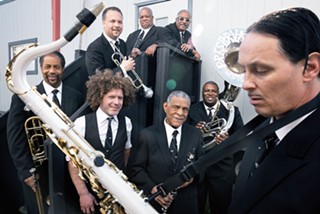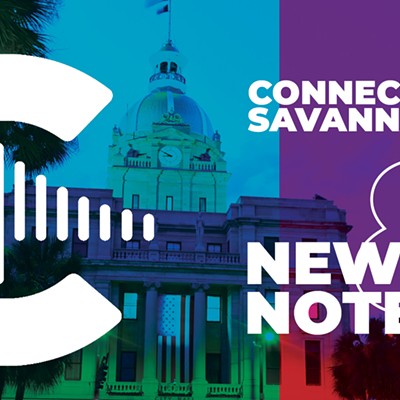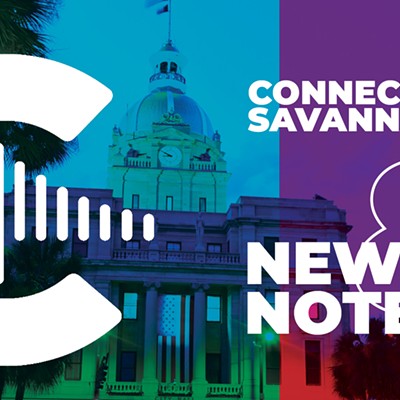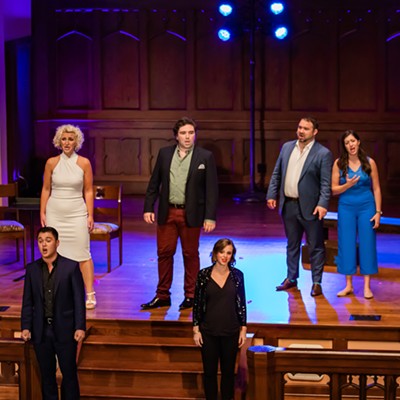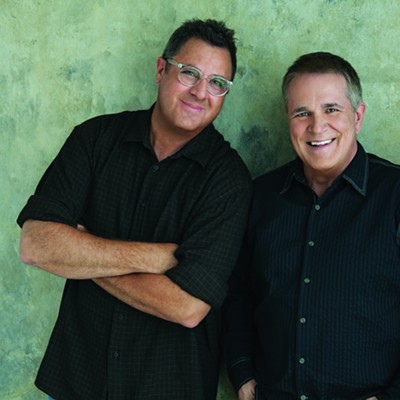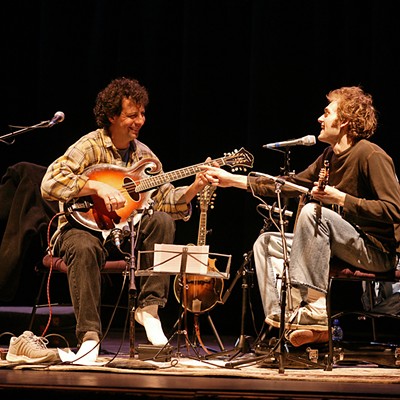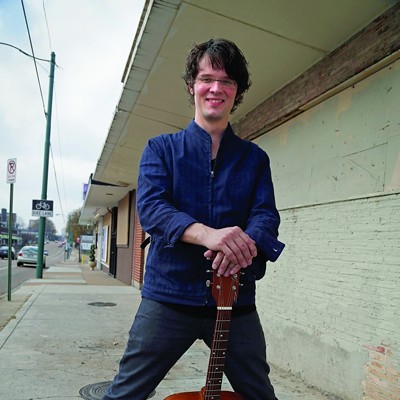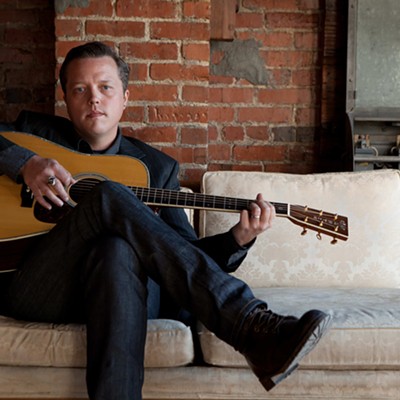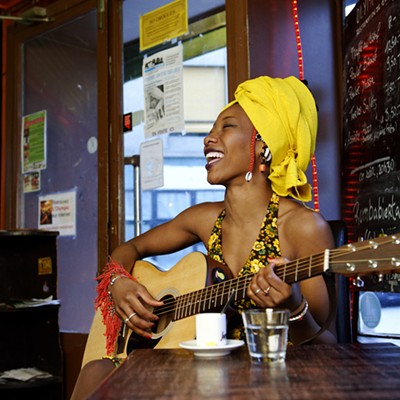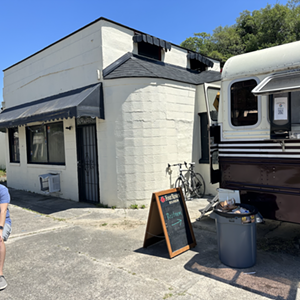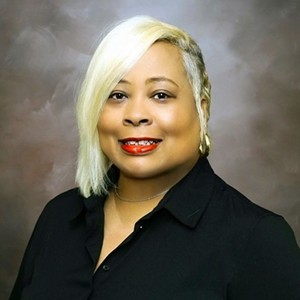Since taking over as director of the Preservation Hall Jazz Band in 1987, Ben Jaffe has worked tirelessly to keep the New Orleans jazz flame burning, to honor and respect the essential traditions while still maintaining an eye on creativity and the future.
Jaffe, who plays tuba and upright bass in the ensemble, is also a composer of considerable renown. He wrote the lion’s share of the tunes on the upbeat That’s It!, the band’s most recent album, and its first to include only original material.
Jaffe and company are still based in the French Quarter, where Preservation Hall —a tiny room with poor ventilation—has been since his father, Allan Jaffe, opened it up in 1961 (it began as a series of jam sessions sponsored by The New Orleans Society for the Preservation of Traditional Jazz).
That’s It! was produced by Jim James, of My Morning Jacket, with Jaffe. James is a longtime fan of New Orleans music, and of the Preservation Hall Jazz Band.
CS: You said once that composing new music for the band was essential in order to keep it from becoming a museum piece. What do you mean?
Ben Jaffe: To me, that's one of the important elements of New Orleans jazz. That's probably one of the qualities that many of us are attracted to, being from New Orleans, that there is this forward motion to our music and our traditions. Our traditions are always evolving. That doesn't mean that they turn their back on the past; if anything, for something to really evolve organically, you have a responsibility to your past to carry those traditions forward. As a musical component to our community, it's making sure that our music is an active part of our community.
CS: Did Katrina have something to do with this? Like "It's now or never"?
BJ: Katrina did a lot of things for New Orleans. I mean, how do you talk about something that destroyed 80 percent of our city? How do you survive that? For me, it was my family history, it was my sense of community, it was my love and passion for the musicians who took me under their wing when I was a kid. And literally, by allowing me to stand next to them handed me this tradition that the Preservation Hall has been a part of for decades.
What happened after the hurricane was that you realized that Preservation Hall, and the music that we play, and the community that we represent, doesn’t live in a book on a shelf. It’s not documented, what we do, the way that we play at a funeral procession, the way that we march at Mardi Gras time, the songs we play, the tempos we play, the churches we go to. This is part of our community, and if you destroy our community you destroy our traditions. And to me, that was the most important thing. First, protect your community. If your community survives, then your traditions will survive.
Katrina brought us to our knees. It has become one of the most bitter pills that we’ve all had to swallow. There was so much bad that happened, I think that only good could come out of it. I’m very proud of our city, and I’m proud of the musicians who play in our band. They’re worn their traditions on their sleeves with pride.
CS: With regard to That's It!, for the first time all the songs are band-composed. Was that intentional or something that just sort of turned out that way?
BJ: It's a little bit of both. Because we're not really good at planning things, you know? As a band, it's nice to just allow things to happen and to fall in your lap. But it was really our relationship with Jim James that even got us thinking about adding new repertoire. Not only adding new repertoire, but writing new repertoire. That's one of the beautiful things about collaborating with other artists from different backgrounds; you get this opportunity to look inside of their creative process. And to understand what drives them.
For Jim, writing music is huge. It’s as big a part of who he is as being a guitar player, or being a singer. And it’s a component of who we are, too, we just never had the opportunity to explore that side of ourselves through Preservation Hall.
A lot of things happened. Katrina wiped out our city; five years later, Preservation Hall is celebrating our 50th anniversary. So all of these things coming together at that time just got me open to the idea of “Wow, we are songwriters. We all write music, but we’ve never taken that position that this is a part of our tradition.” Up until fairly recently, we’ve had first-generation New Orleans musicians in our presence.
CS: Preservation Hall itself is kinda small and dank. It is what it is, but I've always wondered if you'd ever thought about, mm, finding a new place?
BJ: That's like saying "Hey man, these pyramids are real cool, but we should move them over here." Preservation Hall is this space, and this is our church, this is our cathedral. This is where we come to do something that's very sacred to us.
It’s funny, so many of the things that people want to improve or change about Preservation Hall are the things that I adore about it. I love the fact that it’s small. I love that it’s acoustic. I love that you can barely squeeze 70 people in there. I love that we don’t have air conditioning. I love that the floorboards are loose, and squeak. Those things are valuable to me. Preservation Hall can’t be re-created. It’s like moving Notre Dame—you don’t.

